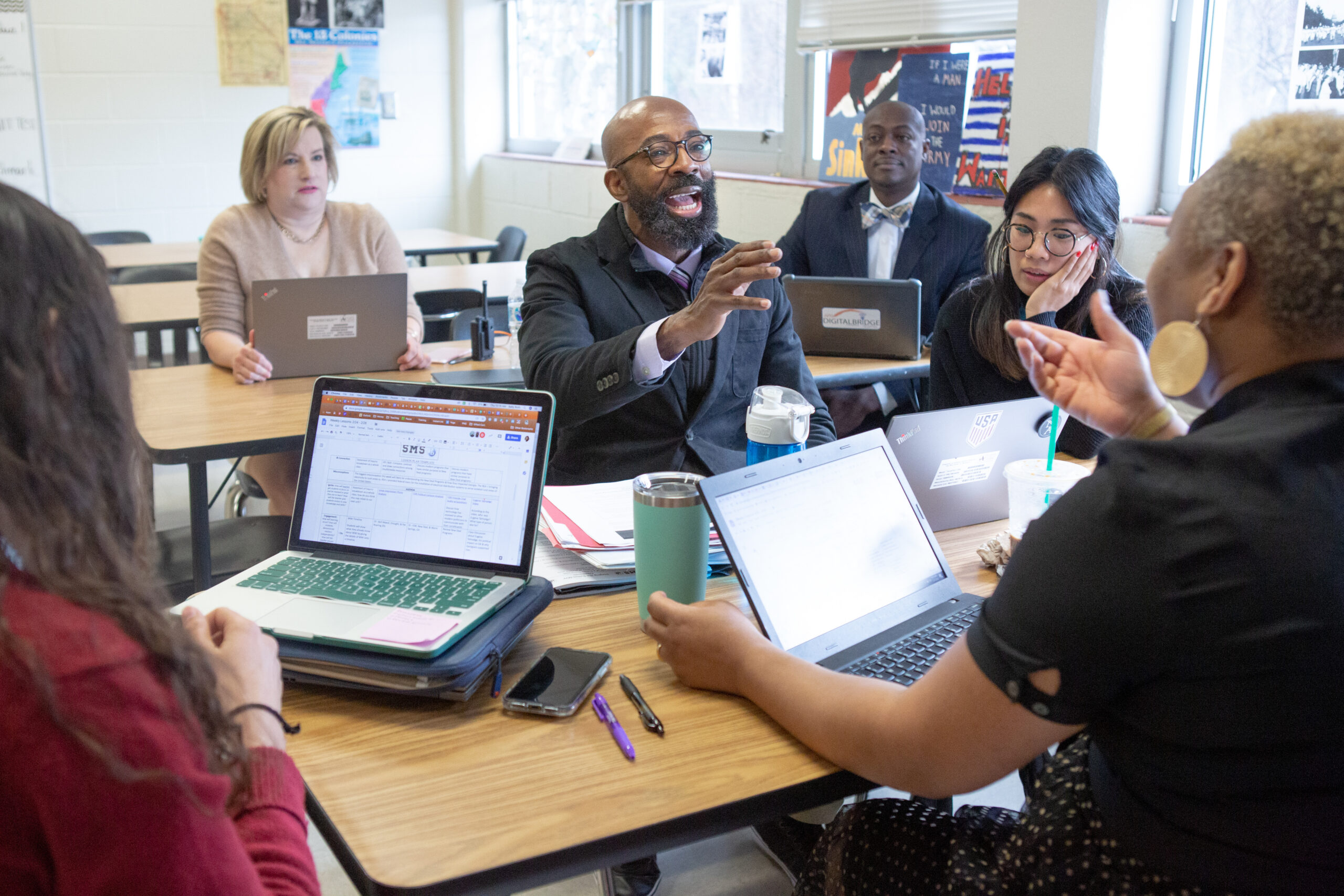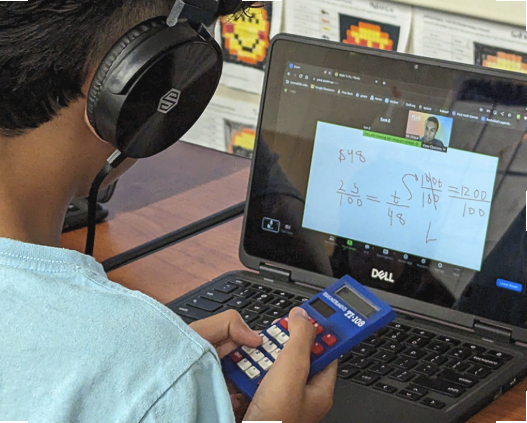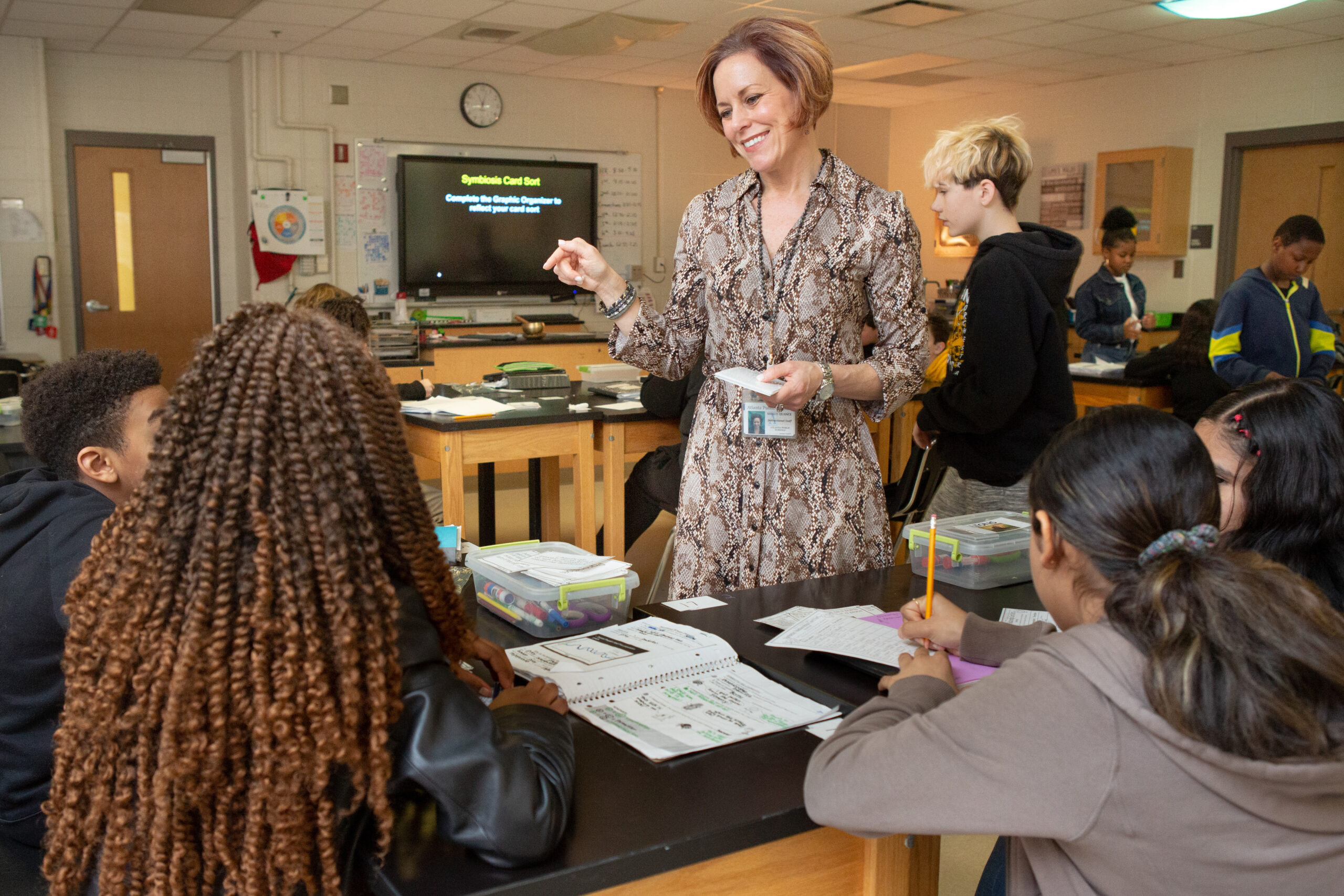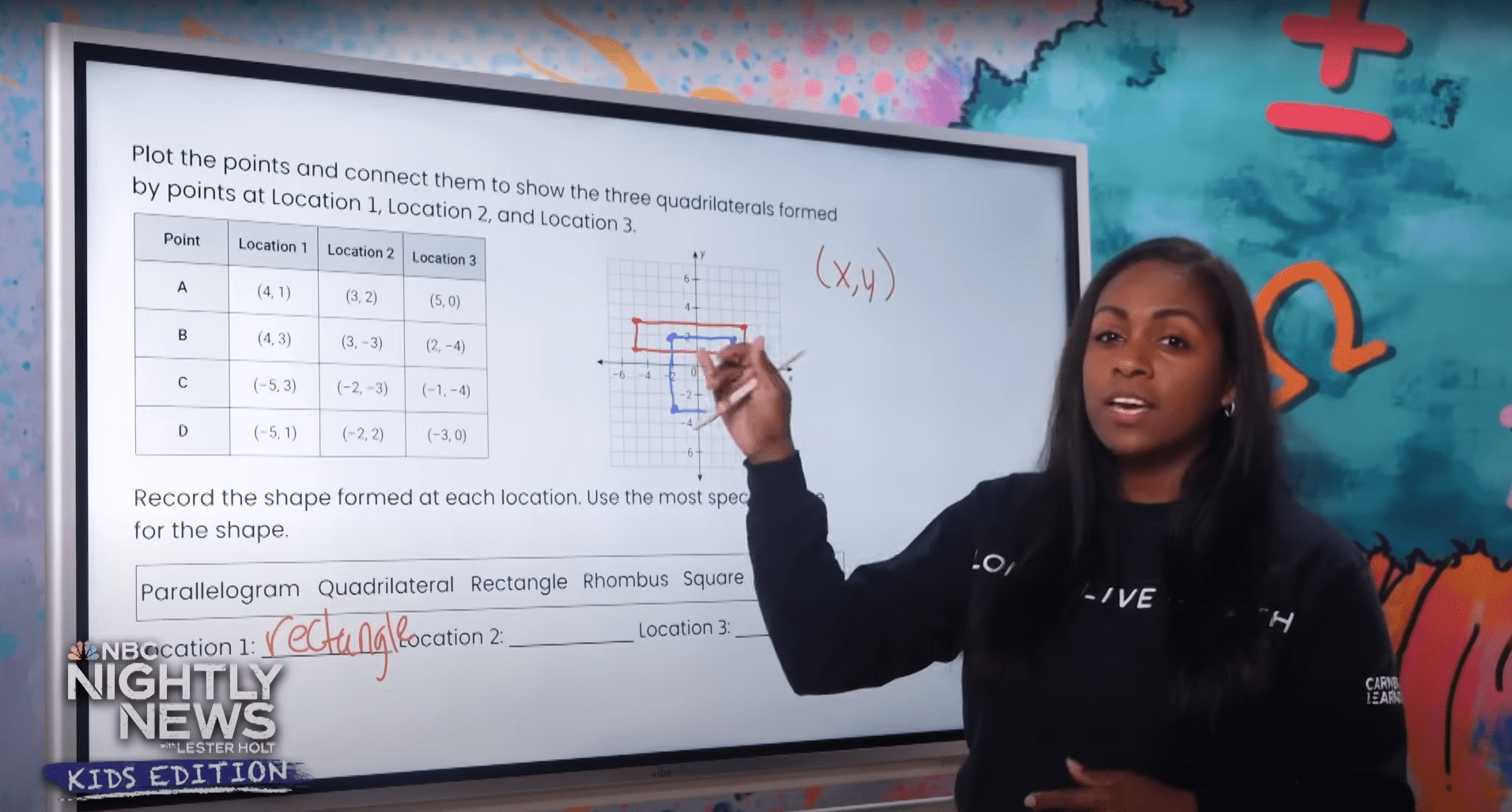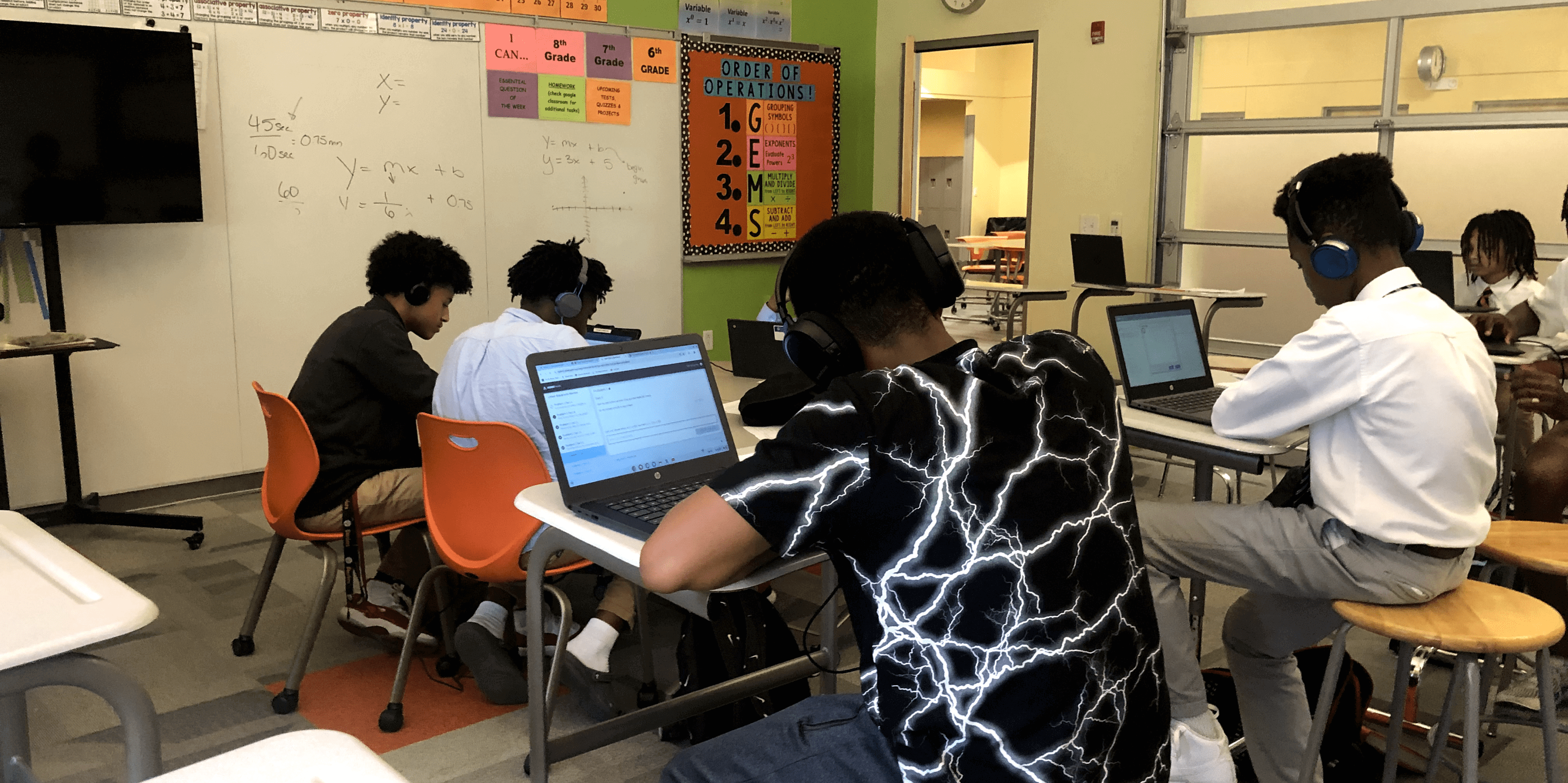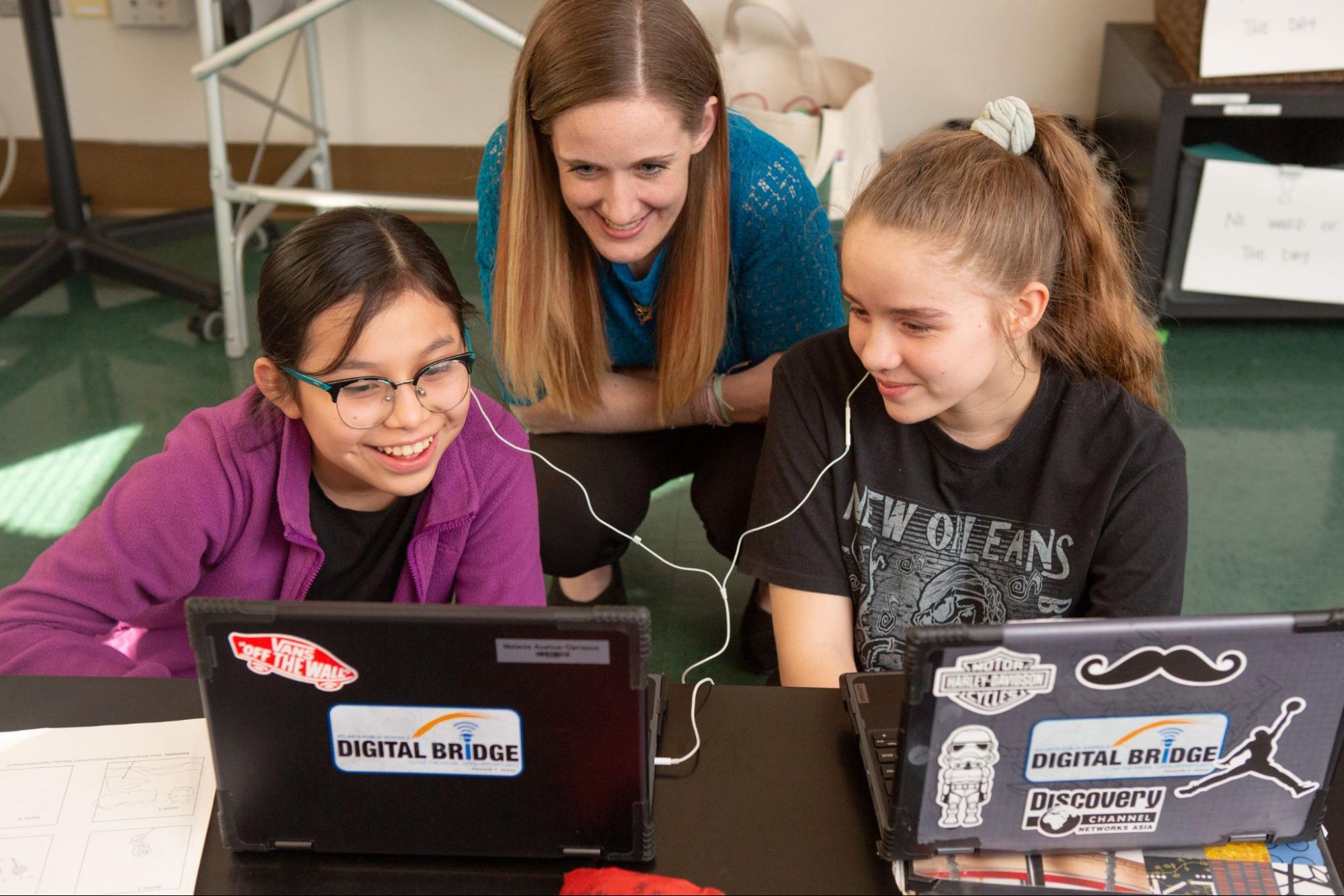By discussing the measured impact of PLUS, this case study demonstrates that instead of replacing tutors and teachers, generative AI can supplement them to excel at a large scale. Specifically, this piece features Maerah Mahmood, a sophomore at Carnegie Mellon University, as she navigated using PLUS while teaching virtually at a school in California. With the help of PLUS’ human tutoring framework and AI-powered dashboard, Mahmood dramatically increased student engagement and improved their performance in a short period. Mahmood’s experience is a testament to the power of PLUS, and its ability to identify struggling students and help teachers initiate academic interventions and personal connections.
The “5% Problem”: Why Students Don’t Engage In Tutoring Enough (And How To Fix It)
Education technology applications are continually being invented, and recent AI innovations have only increased that rate of innovation. While there are widely-accepted approaches to evaluate stable, late-stage products (e.g., Randomized Controlled Trials), there is much less clarity about how to conduct these evaluations at earlier stages of development. Given the potential risks in AI-powered solutions due to potential hallucinations and concerns about fairness, early evaluations are more important than ever.
Eedi Showing How AI Tutoring Can Deliver Personalized Learning Safely and Effectively
Education technology applications are continually being invented, and recent AI innovations have only increased that rate of innovation. While there are widely-accepted approaches to evaluate stable, late-stage products (e.g., Randomized Controlled Trials), there is much less clarity about how to conduct these evaluations at earlier stages of development. Given the potential risks in AI-powered solutions due to potential hallucinations and concerns about fairness, early evaluations are more important than ever.
Creating A Responsive & Systematic Approach to Early EdTech Evidence: The LEVI Trialing Hub’s Matrix
Education technology applications are continually being invented, and recent AI innovations have only increased that rate of innovation. While there are widely-accepted approaches to evaluate stable, late-stage products (e.g., Randomized Controlled Trials), there is much less clarity about how to conduct these evaluations at earlier stages of development. Given the potential risks in AI-powered solutions due to potential hallucinations and concerns about fairness, early evaluations are more important than ever.
Five New ChatGPT-Based Tools from LEVI
The Learning Engineering Virtual Institute (LEVI) created an AI Lab to help develop new ChatGPT-based tools. LEVI is supported by the Walton Family Foundation, and through an extensive collaboration with educators, students, and parents, the AI Lab developed five new pilot tools that address critical issues in education.
CMU PLUS: Using Tutoring And AI To Overcome Math Anxiety
PLUS, part of the Learning Engineering Virtual Institute, is currently used in 13 schools in four states, reaching an estimated 2,800 students. Researchers have determined that students who use the platform improve their math skills and may even double their rate of math learning. Read about how one student ALSO overcame his math anxiety by using PLUS.
Unlocking AI’s Potential: How Educators Are Actively Engaging And Experimenting With New Technologies
I’ve had the opportunity to learn from and work with some amazing teachers over my career, first in the Obama White and then at Schmidt Futures. One of the things that almost all of them had was a deep curiosity and a love for life-long learning.
MATHstream Student: Mrs. Kelly Looks Like Me!
Carnegie Mellon University’s PLUS: Personalized Math Tutoring at Scale
By discussing the measured impact of PLUS, this case study demonstrates that instead of replacing tutors and teachers, generative AI can supplement them to excel at a large scale. Specifically, this piece features Maerah Mahmood, a sophomore at Carnegie Mellon University, as she navigated using PLUS while teaching virtually at a school in California. With the help of PLUS’ human tutoring framework and AI-powered dashboard, Mahmood dramatically increased student engagement and improved their performance in a short period. Mahmood’s experience is a testament to the power of PLUS, and its ability to identify struggling students and help teachers initiate academic interventions and personal connections.
New LLMs for Math Education
The improvement of Large Language Models (LLMs) signifies great opportunities for enhancing AI-assisted math teaching and learning. Wanli and Neil’s teams have worked to accelerate the pre-training, fine-tuning, and evaluation of LLMs for math education. By leveraging the University of Florida’s supercomputer and Microsoft’s DeepSpeed while utilizing ASSISTments’ datasets, the teams came to important findings about LLMs – including how super-sized LLMs such as GPT-3.5 may not always be the best option for specific downstream tasks. Overall, the preliminary results showed an enhancement of multimodal LLM models in accurate scoring and alignment with teacher feedback.

